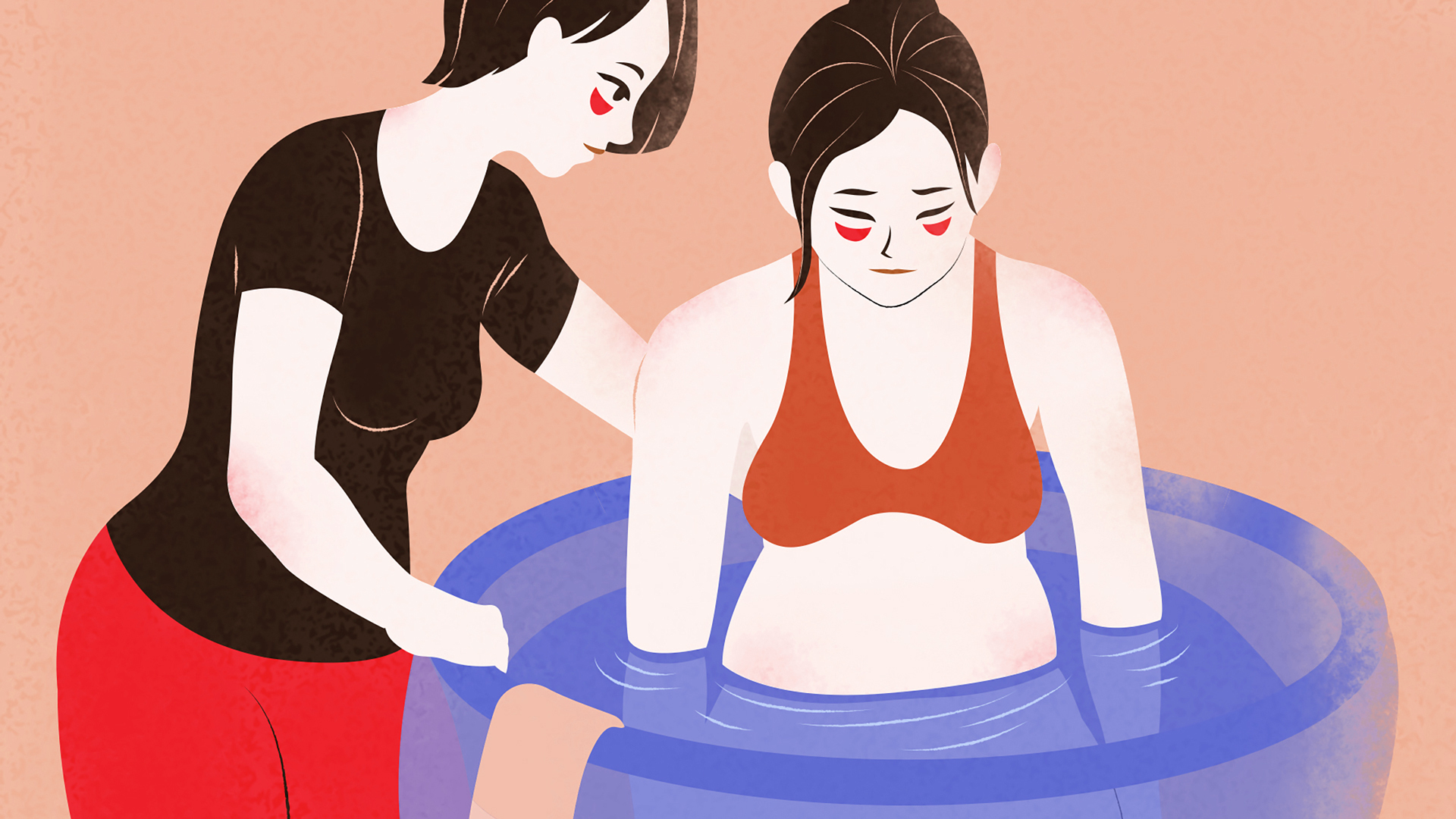
Pregnancy and birth are both incredibly beautiful processes, that can also be incredibly difficult and challenging – not to mention everything that comes after birth, which can sometimes even be accompanied by negative outcomes such as postpartum depression.
Women often go into pregnancy, birth and motherhood with a society, culture and tradition-backed ideology of what to expect out of the entire process. While this is to be expected, most women are unaware of the fact that there are a wider variety of options to what they choose to do with their pregnancy and birth – options that could in turn benefit both themselves and their babies on the long run.
This is where doulas come in. According to a definition given by the International Doula Institute, “A birth doula is a professional support person trained in the needs of the family during pregnancy and childbirth. The doula offers non-judgmental support, guidance, evidence-based education and practical hands-on support during childbirth including comfort measures. Doula originates from the Greek word meaning woman servant.” This differs from a postpartum doula, who rather offers the same kind of support after the birth of a baby.
It is important to stress that doulas are not trained medical or healthcare professionals, but rather they are trained in guiding and supporting women through these difficult and emotional journeys. While the concept of a doula is foreign to Egyptian society, Nour Emam is one of the few Egyptian doulas who are trying to raise awarness around such a profession, its importance and how it can make a difference.
Doula and Founder of Mother Being Maternity Care, Emam started providing her doula services only a short while ago, but her fast-growing following has proven an increasing interest and curiosity regarding what she does.
Rather than just give insight into her services as a doula, Emam also makes efforts to raise awareness around women’s health in general.
How long have you been in your line of work (as a doula and women’s health educator), and how would you define a doula/what being a doula entails? How does the sexual/female health education aspect of your work tie into it?
MB. I trained in September and got my first client in December. Mother Being was created in late January 2020, so not very long.
A doula is a trained professional, who provides information, advice, emotional and physical comfort and support to women and families before, during and after childbirth. We are not medical professionals and we do not perform any medical exams or check ups and we do not give any medical advice. We give clients all their options in order for them to be able to make informed decisions.
People who are familiar with the word doula, may think of doulas as people who only support women through birth. However, my training enabled me to become a full-spectrum doula, which means that I am trained to support women and families who are trying to conceive, are pregnant, need birth support or have recently given birth. In short, I’m not just a birth doula, I am also a fertility, pregnancy, birth and postpartum doula.
I’ve recently, although quite organically, started incorporating the whole sexual health/women’s health aspect to my work with hours of research (on my end), because I felt like I didn’t offer the complete picture. I keep saying, women can’t want an ’empowered, unmedicated, vaginal, water birth’ but not know how babies are made or how their cycles happen or what actually goes on in their bodies every single month. We can’t be truly empowered when we don’t even know what our genitals look like, because we’re afraid to take a mirror and look. We can’t be empowered if we can’t name our body parts correctly. We can’t be empowered if we’re too ashamed to learn and gain knowledge about topics that are so fundamental to humanity that it’s appalling not to make this information accessible to everyone and it’s so sad that women are too afraid to ask.
Sex, reproductive health, fertility, pregnancy, birth, postpartum is all connected. You cannot choose to know one thing and ignore the other. All of these topics are the essence of our womanhood and we must begin asking questions and challenge the status quo.
What made you decide to go into this line of work?
MB. When I decided to start my training I was at my lowest point postpartum. I was deeply depressed and had crippling anxiety and I also think -although I wasn’t diagnosed- I had some degree of PTSD (Post-Traumatic Stress Disorder) following the birth of my daughter.
I had wanted to train to become a doula before my husband and I decided to try for a baby, but put it off for a while. I think something stirred inside of me when I found myself struggling so badly and didn’t feel understood or heard. My family and friends tried to help, but no one really knew what I was going through no matter how hard I tried to communicate it.
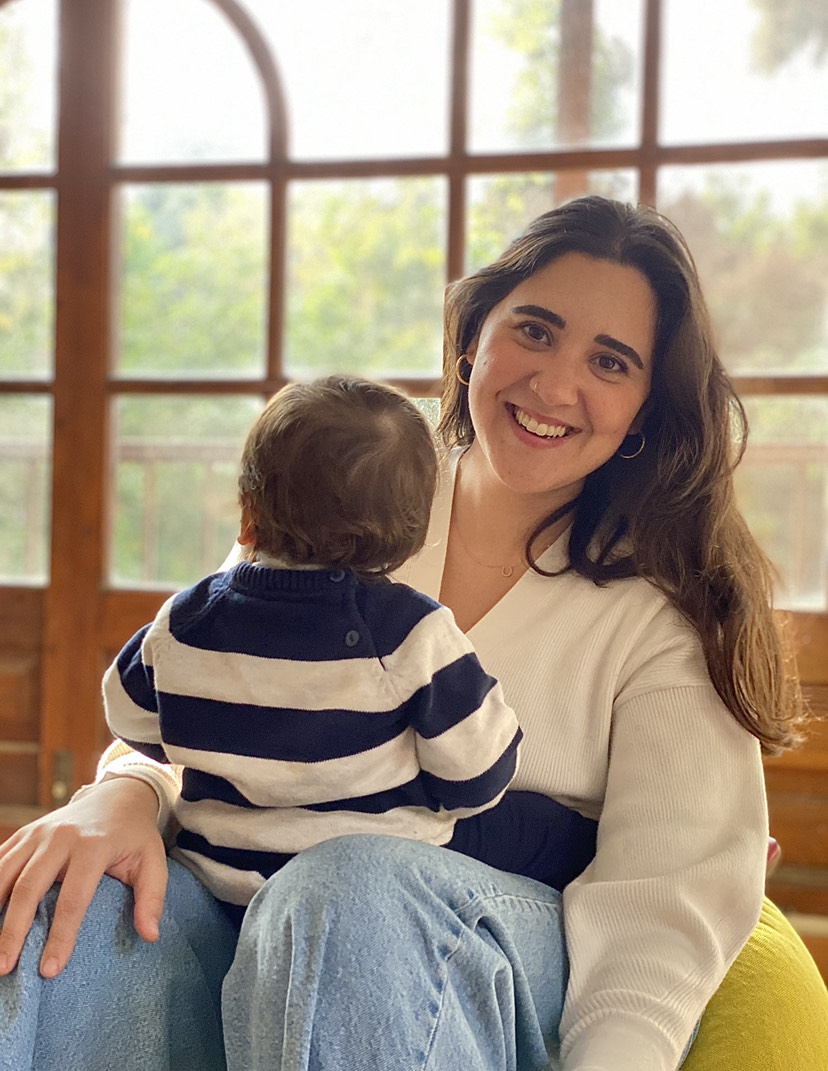
I’m generally a go-getter and do-er. I can never sit still and I felt that not having a purpose, apart from just being a mom, was feeding my depression and anxiety.
I researched all the available training and found a Toronto-based birth work training called Bebo Mia. The program spoke to me and I felt that there was a reason I had found this. At the same time, I did an online training through the University of Exeter for Postpartum depression management. This was a great addition to my toolbox as a practitioner.
I did this, because I wanted to make sure that I could support as many women as possible, so that they did not have to go through what I’ve been through. But, I’ve also secretly always been into childbirth and pregnancy and all that amazing stuff.
Why do you feel as though this is especially important in Egypt?
MB. I think women need to know that they’re the ones in control. Not the medical system. Not doctors or hospitals. Not cultural stigmas.
Mother Being has shifted immensely these past eight months. Yes, it’s primarily focused on Maternity Care Services, but has quickly also encompassed reproductive health in general as well as some sexuality and body awareness and literacy.
The fight in Egypt is huge in regards to women’s health rights or women’s rights in general. I feel like it’s important women start understanding that they have to put in the work to learn about their bodies, because we somehow view doctors as Gods and that their opinions are non-negotiable.
The world is changing and science and evidence is progressing and ironically, when it comes to pregnancy and birth, evidence suggests that in many cases not intervening and letting a woman feel comfortable and safe while she’s in labor increases the chances that she’ll have a positive birth and better outcomes for her and her baby.
I believe that once women start realizing that they have the choice to say no to medical interventions, or to ask for options and reasons, rather than taking doctor’s orders at face value, they will then force doctors who refuse to progress, to start rethinking their practices.
I’ve seen so many women who complain that doctors just make decisions for them while they’re in labor and explicitly tell them “don’t ask any questions, just leave yourself to me,” which is an absolute violation of her bodily autonomy and her rights as a person.
I truly believe that women will slowly start to realize that they have options and they can switch doctors and find ones who promote discussion, understanding and current evidence-based care practices. Women will soon grasp that they have to make informed decisions surrounding everything that happens to their bodies. No more being idle and ignorant or in the dark. Even if it means they end up having a surgical birth, they need to have been informed with the choices and be okay with this decision.
Whether it’s being prescribed oral hormonal contraceptives without taking the time to explain the reasons, benefits, risks or whether it’s scaring women into having unnecessary cesareans, times are changing and women are becoming more aware and curious and empowered and doctors will need to start making changes.
Have you been met with any backlash from Egyptian society?
MB. Yes of course, especially now when I talk about more controversial topics like virginity and hymens. It’s understandable that people will be defensive and possibly aggressive towards someone who is challenging their entire belief/cultural system. I don’t blame them.
The evidence I’m providing is changing a lot of people’s lives, by showing them the truth. Women are realizing they’ve spent years of their lives completely in the dark, this realization in and of itself is threatening to many. We are living in an ultra-patriarchal society, which basically loves to oppress women and hates the idea of women becoming more liberated and fearless.
What do you feel as though is the most important message to give across to Egyptian women in relation to what you do and their overall health and well-being?
MB. I find that many women ask questions with answers that are readily available with a simple Google search. So, start asking questions. Start researching independently for the answers to your questions. Don’t settle for one diagnosis. Don’t settle for a health care provider who won’t listen, or dismisses you or tells you it’s nothing. Don’t settle for a health care provider who tells you that your problems will improve after marriage. If you want to be an empowered woman, you must do the work. Don’t just rely on my page. Listen to my videos or read my posts, then go on and research some more.
What do you hope would change drastically when it comes to the way certain women in Egyptian society view certain things in regards to topics you discuss?
MB. I’d love to see people slowly approach new ideas with an open mind. Dare I say, start taking religion out of the equation too.
I find that women (and men) quickly reprimand me for being “anti-Islamic,” when I myself, am a Muslim and I have a following from all parts of the world.
I just think that there is so much that we practice and do, that is totally unrelated to religion. Again, our culture lives off of “he said, she said, I heard this from so and so” instead of actually researching and reading scripture to verify if this information or these practices are truly religious in nature.
I always tell people to try and receive the information -which is neutral and unbiased and scientific – openly, listen, analyze, evaluate and then bring back your religion and beliefs into the mix and see if they are compatible. You are then free to choose which route suits you best, but at least you have information from both sides.
What has been the most rewarding part of what you do so far?
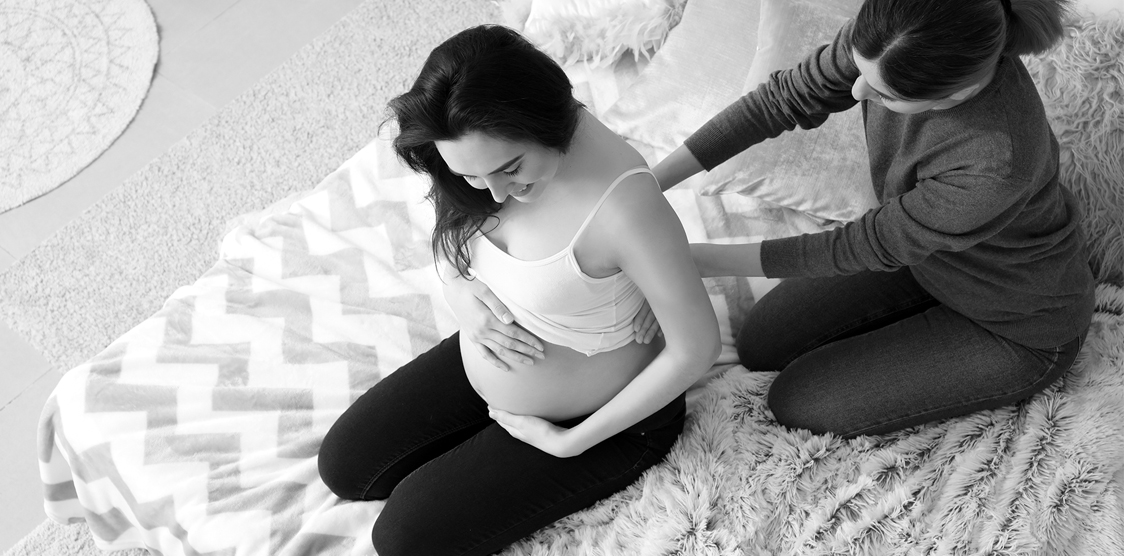
MB. All of it. Seeing a mother summon all her strength to push a human out of her. Seeing a human being born and taking their first cries, while (usually) being the first person to tell the baby “Happy Birthday” and help mom rub the baby’s back. Seeing the look on a client’s face after a Postpartum Depression session, and that she feels much better than a week ago. Reading thank you messages from men and women following the page on Instagram and telling me how I’ve somehow changed their lives, their perception of themselves and helped them reach a deeper sense of appreciation and love for their bodies. Seeing all the amazing women who’ve taken my online classes and how empowered they feel after. So, really, all of it.
*Featured image courtesy of Doula Care by Marian.

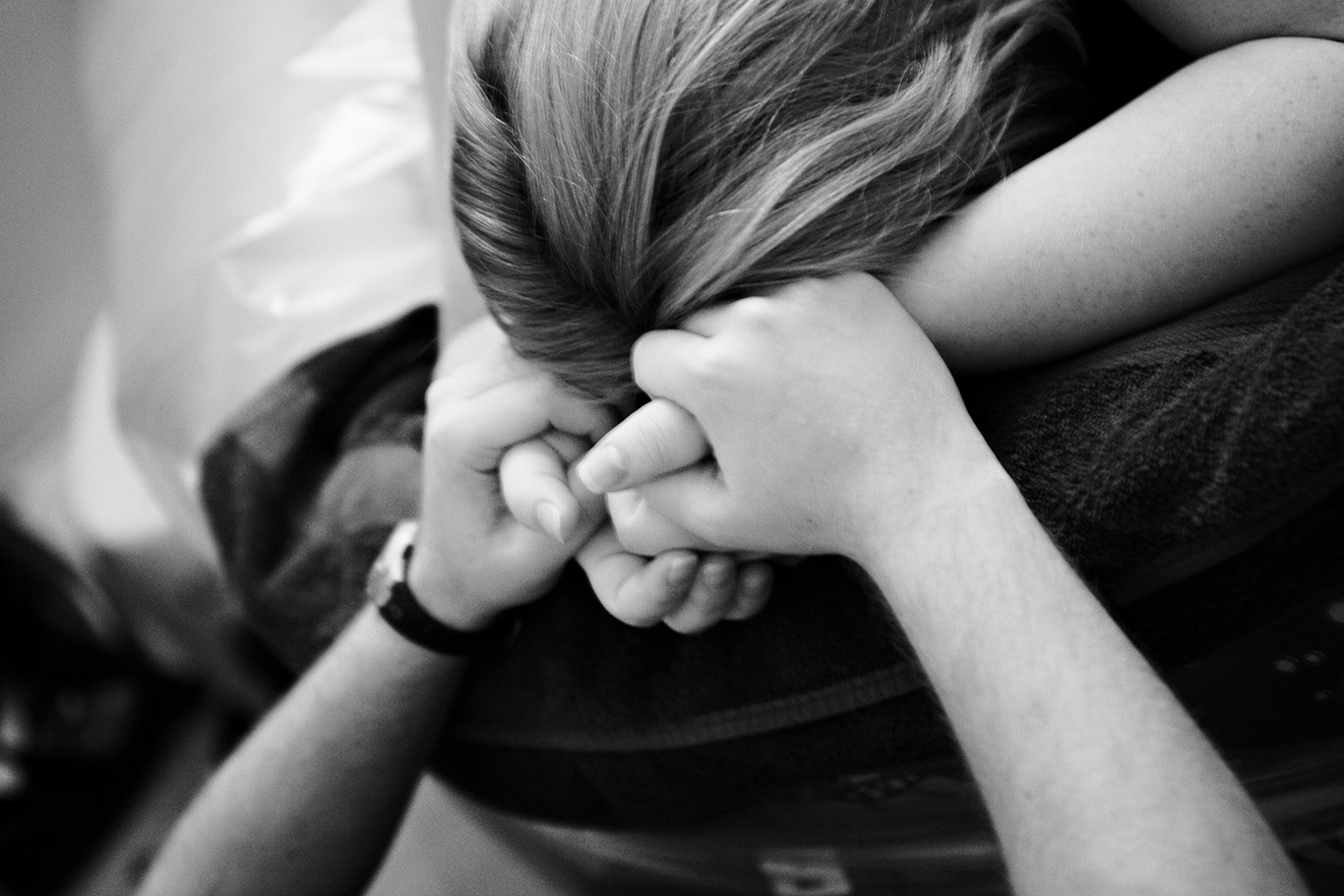


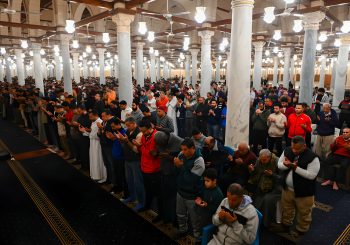
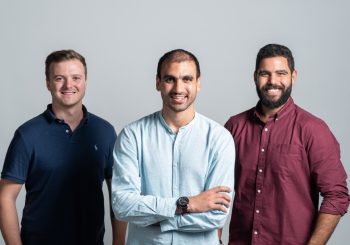
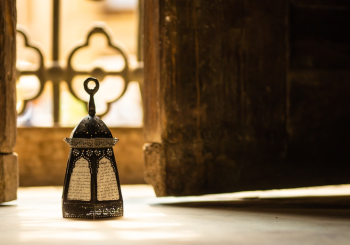
Comments (2)
[…] por la educadora sexual egipcia Nour Emam , Motherbeing presenta contenido sobre salud sexual y reproductiva, además de fomentar actitudes […]
[…] by Egyptian doula and sex educator Nour Emam, Motherbeing presents content about sexual and reproductive health, as well as encouraging positive […]